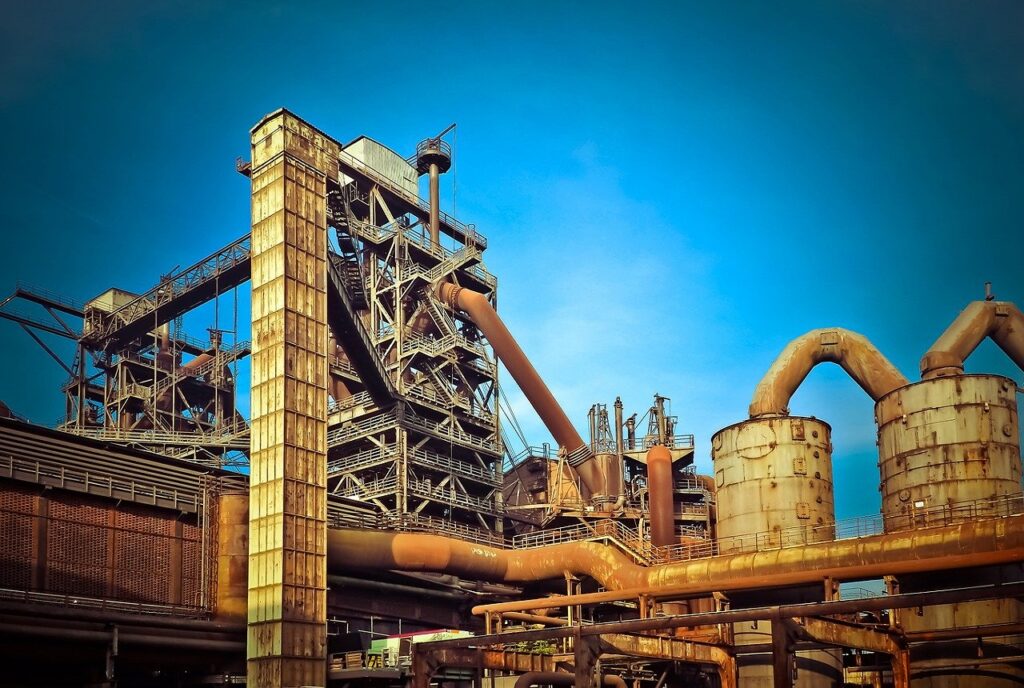CASE STUDIES IN PLANT AND MACHINERY VALUATION
CASE STUDIES IN PLANT AND MACHINERY VALUATION
Plant and machinery valuation is a critical aspect of various industries, including manufacturing, construction, and finance. It involves assessing the worth of assets such as equipment, vehicles, and production machinery. Valuation plays a pivotal role in decision-making processes, from financial reporting to mergers and acquisitions. In this article, we’ll delve into some case studies to highlight the importance of plant and machinery valuation and the methodologies used.
Case Study 1: Manufacturing Company Asset Assessment
Background: A manufacturing company wanted to assess the value of its plant and machinery for accounting purposes and potential asset-based lending.
Methodology: The valuation experts employed the cost approach, market approach, and income approach.
- Cost Approach: This involved determining the replacement cost of the assets. The experts considered the original purchase price, depreciation, and the current cost of similar assets in the market.
- Market Approach: They researched the market for similar machinery sales. Comparable sales data helped in estimating the fair market value of the company’s assets.
- Income Approach: By forecasting the future cash flows generated by the machinery, experts determined the assets’ present value. This method considered factors such as expected income, useful life, and risk.
Outcome: The valuation revealed that the manufacturing company’s assets were worth more than they initially estimated. This information was crucial for accurate financial reporting and for securing asset-based loans to fund expansion.
Case Study 2: Construction Equipment Valuation
Background: A construction firm was planning to merge with another company and wanted to assess the value of their combined machinery assets.
Methodology: The valuation experts primarily used the market approach in this case.
- Market Approach: The experts compiled data on the recent sales of similar construction equipment. They considered factors such as age, condition, and usage patterns. This data allowed them to determine the fair market value of each piece of machinery.
Outcome: The valuation revealed that the combined assets of the two construction firms were more valuable than anticipated. This information was pivotal in negotiating the merger terms and determining each company’s share in the new entity.
Case Study 3: Machinery Valuation for Insurance Purposes
Background: A factory had recently upgraded its production line with new machinery and wanted to update its insurance coverage.
Methodology: The experts used the cost approach and market approach.
- Cost Approach: The valuation experts determined the replacement cost of the new machinery. This involved assessing the current market prices for identical or similar equipment and accounting for any modifications or customizations.
- Market Approach: They also considered the market value of the existing machinery, taking into account depreciation and any specific market trends for those types of assets.
Outcome: The updated insurance coverage ensured that the factory was adequately protected in the event of unforeseen accidents or disasters. The valuation also helped the company make informed decisions about maintenance and replacement strategies.
Key Takeaways
- Method Diversity: Plant and machinery valuation relies on various methodologies, including the cost approach, market approach, and income approach. The choice of method depends on the specific assets being assessed and the purpose of the valuation.
- Accurate Financial Reporting: Accurate valuation is crucial for financial reporting, helping companies present a true picture of their asset values to shareholders and stakeholders.
- Strategic Decision-Making: Valuation is not only about compliance but also about making informed strategic decisions. Whether it’s merging with another company or securing financing, knowing the true value of assets is essential.
- Risk Mitigation: Valuation also serves as a risk mitigation tool, helping companies make informed decisions about insurance coverage, maintenance, and replacement strategies.
In conclusion, these case studies underscore the significance of plant and machinery valuation in various business scenarios. It’s a multifaceted process that goes beyond mere number-crunching; it’s about enabling sound financial management and strategic planning. Accurate valuation ensures that businesses are well-prepared to navigate the complexities of today’s ever-changing economic landscape.


